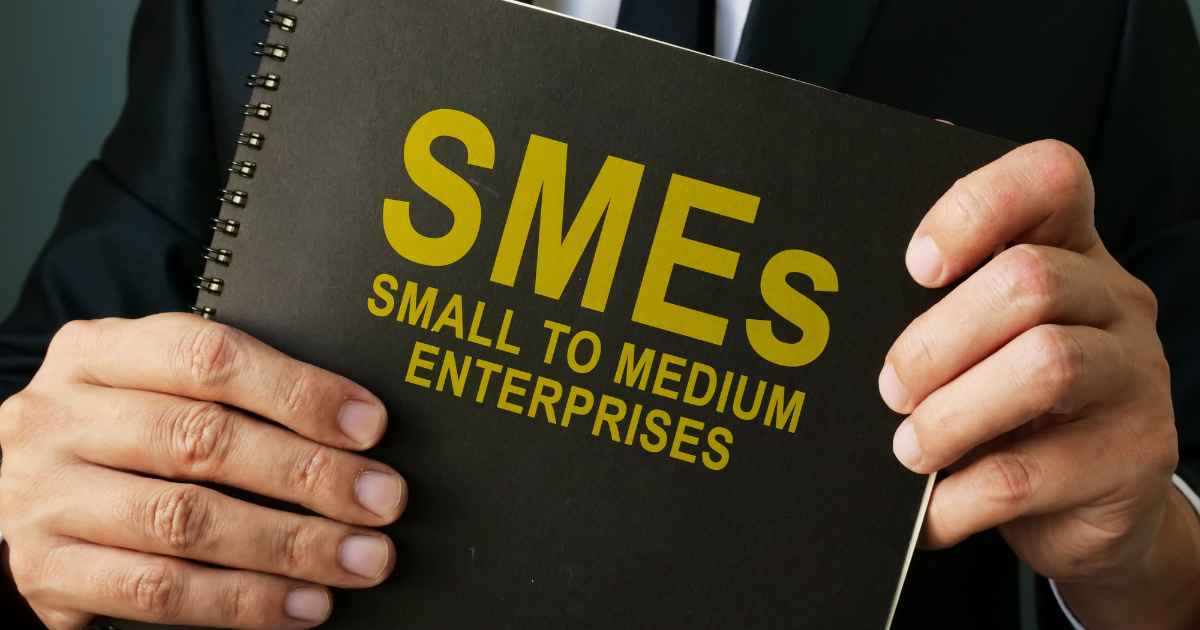South Africa has a growing but struggling economy. Even with big companies like Samsung, Huawei and Google running in the country, it is the small businesses who carry the economy through tough times. The number of small to medium enterprises in South Africa currently sits at above 700 000. These businesses usually have a small number of employees but generate enough income to sustain themselves and their employees.
Although there are many kinds of small businesses, the collective name for these businesses is small to medium sized enterprises (SMEs). In this article, we will look at what it means to be an SME in South Africa.
What Is An SME?
An SME is defined by the National Small Business Amendment Act as “a separate and distinct business entity, together with its branches or subsidiaries, if any, including cooperative enterprises, managed by one owner or more predominantly carried on in any sector or subsector of the economy.”
These businesses are independent. They have their own assets, turnover and employees that are usually below a certain level.
Types of Small to Medium Enterprises
The term SME is also sometimes written as SMME. SMME includes an extra ‘M’ for micro. This takes the types of SMMEs to three. These types are defined as:
Small – Small businesses usually have a total of 50 full time employees. These businesses have good revenue and will pull in a projected R 6 million in annual turnover.
Micro – Micro businesses are the smallest in the SMME umbrella. These businesses typically have around five full time employees and bring in a total turnover of R200 000 per annum.
Medium – Medium businesses are the highest employers of the SMME umbrella. They employ around 200 full time employees and have an annual turnover of around R13 million.
Note: Very Small businesses also fall under the SMME umbrella. They typically employ 20 full time employees and have annual turnover of R1 million.
Requirements for an SME in South Africa
Just like many other businesses (big and small), to become an SMME, you need to follow certain rules and regulations to ensure you stay within the law. You will need to meet the following criteria:
1. Register Your Business
In South Africa, to be considered as a formal business, you will need to register. Businesses are registered with the Companies and Intellectual Property Commission (CIPC). By registering with the CIPC, your business will have a legal identity. This also ensures that you compile with any regulations and laws.
To register your business, you will need a name for the company, tax compliance certificates, provide a company income tax number and your ID.
Note: It costs R50 to register your company name online and R75 for manual application. You can also outsource someone, and they can register the business on your behalf.
2. Tax Compliance
SMMEs must register for tax purposes with the South African Revenue Service (SARS). Registering with SARS is done after registering with the CIPC. Once you have registered with the CIPC, SARS automatically generates an Income Tax reference number for you.
You must register with SARS to stay compliant with tax laws and avoid penalties and issues with the law. It is advisable to work with a tax consultant as they can ensure your business stays up-to-date. If you can’t afford to hire someone, you need to ensure you stay updated with tax laws and how they affect your business.
3. Employee Compliance
As your SME grows, you will start hiring people to take care of things like customer service, social media and restocking. To ensure you do things correctly, you must follow all the labour laws in South Africa. This includes having written contracts for employees, providing minimum wage and following laws related to working hours, overtime and leave.
By understanding these regulations, you can give your employees a healthy work environment. It’s even more important to ensure you maintain a safe working environment. This means complying with the Occupational Health and Safety Act, so your employees are protected from dangerous equipment and situations.
These are just the basic compliance requirements for an SMME in South Africa. These regulations also affect foreign-owned companies and big companies that want to operate in South Africa.
Other laws you will have to adhere to include POPIA, intellectual property compliance, data protection and privacy and environmental laws.
So What Does It Mean To Be An SME in South Africa?
Being an SME or SMME in South Africa means complying with the law, providing employment and helping the economy. SMEs make up 40% of South Africa’s Gross Domestic Product (GDP).
Becoming an SME is not difficult, the resources available for funding and resources are many. Start today and become one of the many amazing small businesses who keep South Africa going.
If you need to find out more about becoming an SME, you can book an appointment with one of our experts for more business advice.




















Discussion about this post